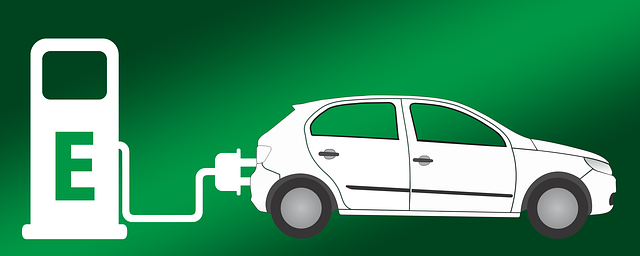
Whether you currently own or are thinking of owning an electric vehicle (EV), you might be wondering what affects EV charging speeds. All EVs require charging. As the battery pack nears depletion, you’ll have to charge your EV to continue driving it. Several factors, however, can affect the speed at which your EV charges.
SoC
Your EV’s State of Charge (SoC) will affect the speed at which it charges. SoC describes the remaining charge of a battery relative to its total capacity. In other words, it’s how “full” the battery is.
Batteries typically charge faster when they are partially depleted but not completely depleted. A battery with an SoC of 20% to 30%, for example, will charge faster than a battery with an SoC of 1% or 2%.
Charger Level
One of the biggest factors that affect EV charging speeds is the charger level. There are several different levels of chargers. Level 1 chargers use 120 volts. Level 2 chargers use 208 to 240 volts. Level 3 chargers use 400 volts to 900 volts.
You’ll experience faster charging times when using a level 2 or level 3 charger as opposed to a level 1 charger. Level 1 chargers are the cheapest, and many EV owners use them in their homes. But they are also the slowest of all the different charger levels.
Battery Temperature
The temperature of the battery can affect EV charging speeds. Extreme temperatures will result in a slower charging speed. If it’s a particularly hot summer day — or it’s a bone-chilling winter day — it may take your EV longer to charge.
You can’t control the weather, but you can park your EV in a shaded area. Parking in a garage or even under a tree, for example, will promote a lower battery temperature in otherwise hot weather.
Charging Station
If you’re going to use a charging station, you should choose the right charging station. Some of them offer faster charge times than others. A charging station, of course, is the equivalent of a gas station for EVs. It’s a station that offers charging equipment, as well as electricity, for EVs. You can pull up to a charging station and connect one of the available chargers to your EV.
Age
The age of a battery will affect EV charging speeds. Older batteries typically charge faster than newer batteries. This is due to the fact that they’ve lost some of their capacity over time. The more charge cycles a battery experiences, the more capacity it will lose. And with a lower total capacity, old batteries will charge more quickly than new batteries.

